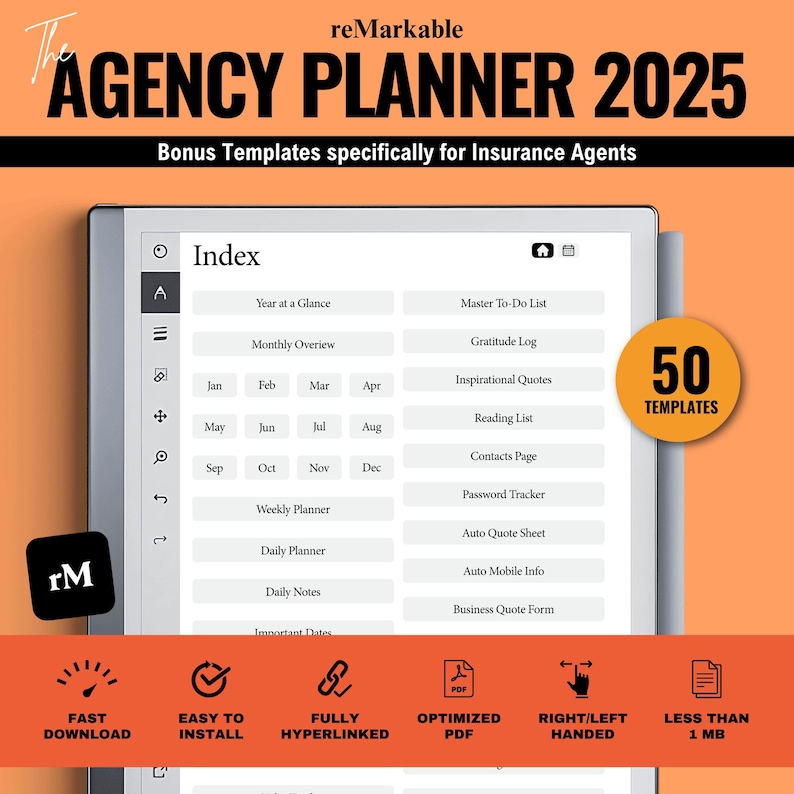In today’s world, where food allergies are increasingly common and potentially life-threatening, protecting customers goes beyond just offering safe menu options—it’s about providing peace of mind. Insurance for food allergy claims is emerging as a vital safety net, ensuring that businesses can confidently support their customers while safeguarding themselves against unexpected risks. In this article, we’ll explore how the right insurance not only helps manage liability but also fosters trust and boosts customer confidence, creating a win-win situation for everyone involved. Whether you’re a restaurant owner, caterer, or food producer, understanding these protections is key to serving your community with care and optimism.
Table of Contents
- Understanding the Importance of Food Allergy Insurance for Consumer Safety
- Navigating Coverage Options to Secure Comprehensive Protection
- Key Features to Look for in Food Allergy Insurance Policies
- Practical Steps for Businesses to Minimize Risks and Support Affected Customers
- Closing Remarks
Understanding the Importance of Food Allergy Insurance for Consumer Safety
Food allergy insurance plays a critical role in fortifying the trust between food businesses and their customers. With allergies affecting millions worldwide, even the smallest oversight can lead to severe health consequences. Insurance coverage ensures that companies are prepared to handle unexpected allergy-related claims, providing vital financial protection. This not only safeguards businesses from potential lawsuits but also empowers them to invest more confidently in rigorous food safety protocols.
Adopting a comprehensive allergy insurance plan is more than just a safety net; it’s a commitment to consumer well-being. Key benefits include:
- Enhanced accountability: Encouraging better ingredient transparency and staff training.
- Responsive customer care: Prompt support for allergy incidents fosters loyalty and confidence.
- Risk mitigation: Reducing the financial impact of adverse allergic reactions through coverage.
By recognizing and integrating this essential layer of protection, businesses demonstrate that safeguarding customers’ health is an unwavering priority.
Navigating Coverage Options to Secure Comprehensive Protection
Key Features to Look for in Food Allergy Insurance Policies
When selecting a food allergy insurance policy, it’s essential to prioritize coverage that addresses the unique risks associated with allergen exposure. Look for plans that offer comprehensive liability protection, covering not just immediate medical costs but also potential legal fees stemming from allergy-related claims. Policies with a broad definition of allergens and flexible coverage limits help ensure you’re adequately shielded, regardless of the cuisine or ingredients involved. Additionally, seamless claims processing and responsive customer support can make a significant difference during stressful situations.
Beyond basic coverage, consider features such as:
- Risk mitigation support: Some insurers provide guidance and resources to minimize the possibility of allergic reactions in your operation.
- Recall coverage: Protection against financial losses if an allergen contamination forces a product recall.
- Customization options: Tailored plans that reflect the size and scope of your business, ensuring relevant protection without overpaying.
- Third-party vendor protection: Including coverage for ingredients or services sourced from suppliers with potential allergen risks.
Focusing on these key aspects paves the way for a robust policy that not only safeguards your customers but also supports your business’s resilience and reputation.
Practical Steps for Businesses to Minimize Risks and Support Affected Customers
Businesses in the food industry can take significant strides toward minimizing allergy-related risks by implementing robust allergen management protocols. Start by training staff thoroughly on recognizing and handling allergens, ensuring all team members understand the importance of cross-contamination prevention. Utilize clear labeling and ingredient transparency to empower customers with accurate information, which builds trust and reduces the likelihood of unexpected allergic reactions. Employing dedicated allergy handling areas in kitchens and adopting stringent cleaning practices can further create a safer environment for sensitive patrons.
Insurance plays a pivotal role in safeguarding your business and providing reassurance to affected customers. Partner with insurers who offer specialized coverage tailored to food allergy claims, helping mitigate financial exposure in case of incidents. In addition to insurance, establish a clear response plan to address allergy emergencies promptly — including accessible communication channels for customer feedback and swift compensation procedures. By combining proactive risk management with compassionate customer support, businesses not only protect themselves but also foster lasting loyalty among allergy-conscious diners.
- Implement staff allergen awareness training regularly
- Ensure detailed and upfront ingredient disclosure
- Segment preparation areas to avoid cross-contact
- Secure specialized insurance coverage for allergy claims
- Develop quick-response protocols for allergy incidents
- Maintain open and empathetic communication with customers
Closing Remarks
In a world where food allergies are becoming increasingly common, protecting your customers isn’t just good practice—it’s essential. Insurance for food allergy claims offers peace of mind, ensuring that businesses can stand strong even when the unexpected happens. By prioritizing safety and responsibility, companies not only safeguard their customers’ health but also build trust and loyalty that last. Embracing this protection is a step toward a safer, more inclusive dining experience for everyone. So, if you’re in the food industry, consider insurance not just as a safety net, but as a foundation for a thriving, customer-first business. Here’s to a future where everyone can enjoy their meals worry-free!





